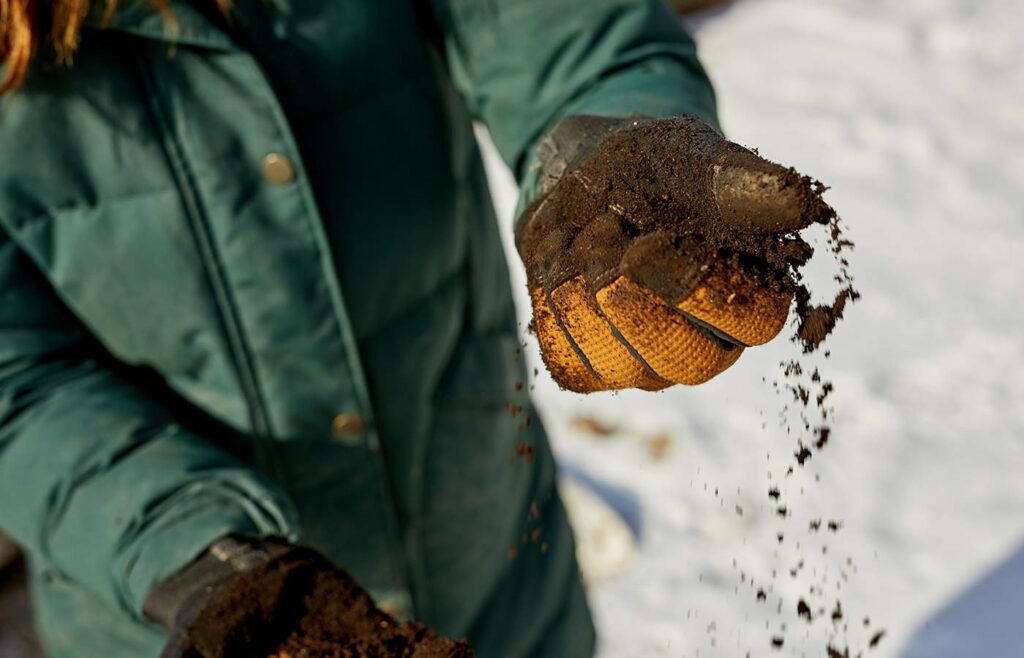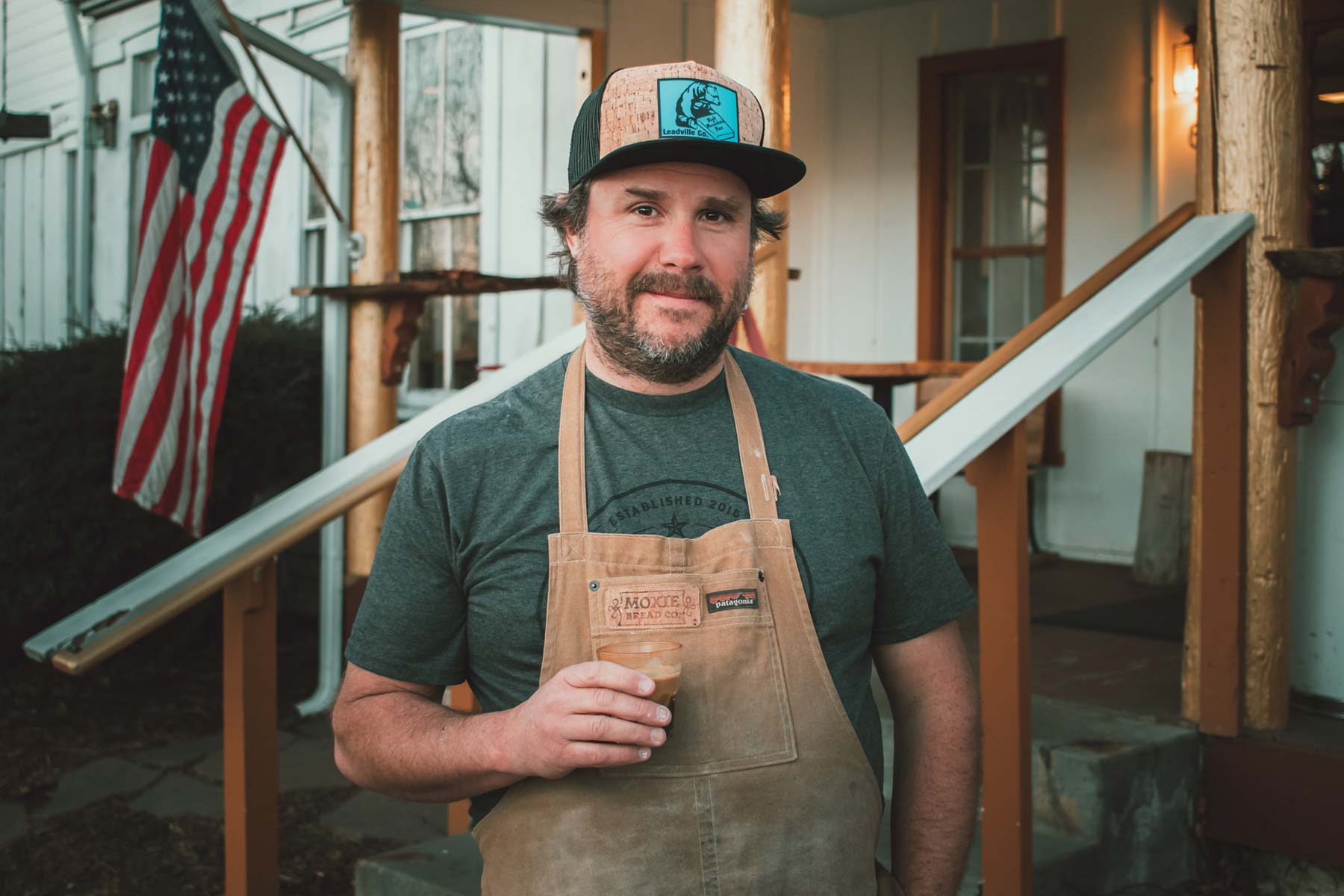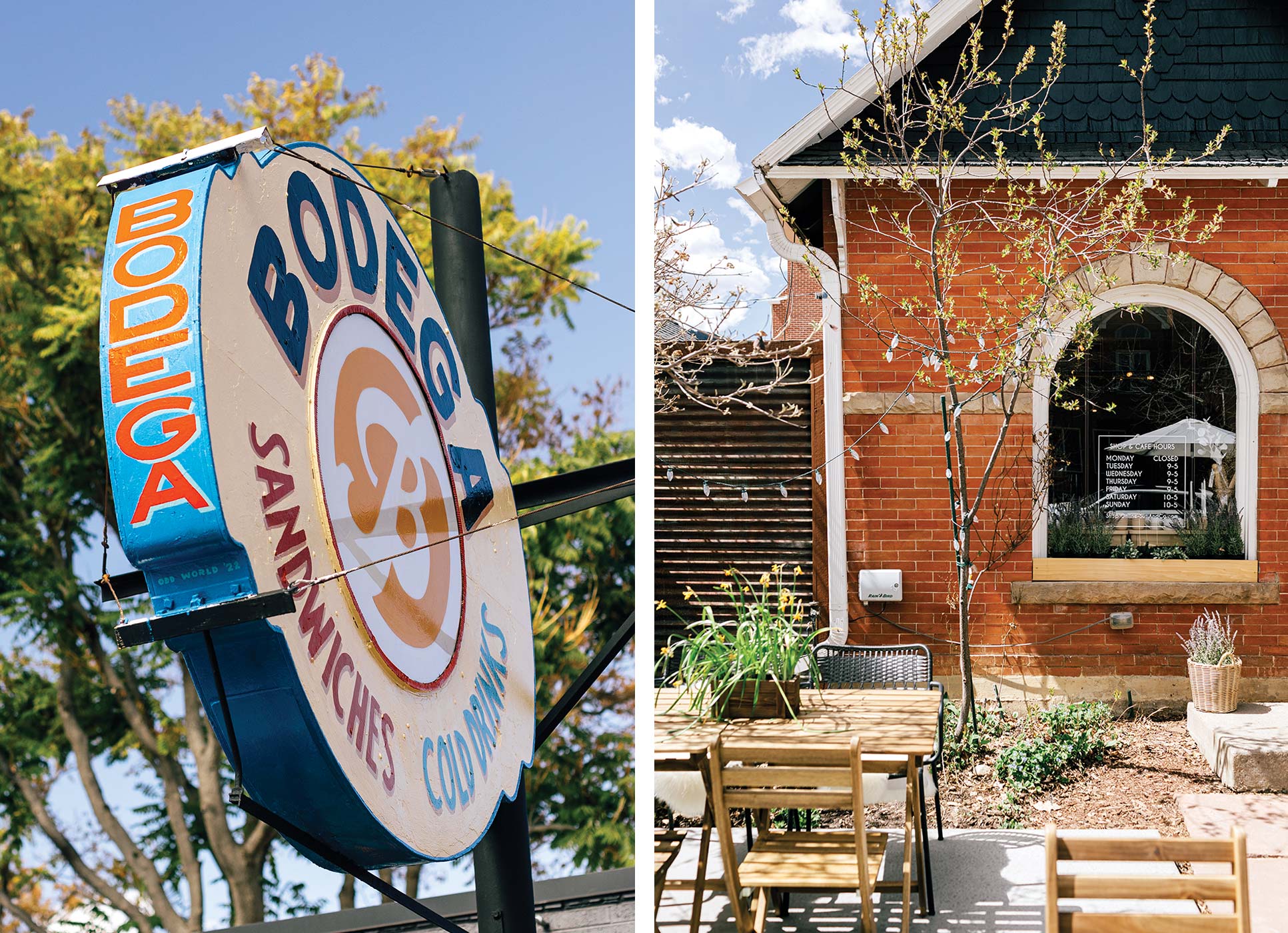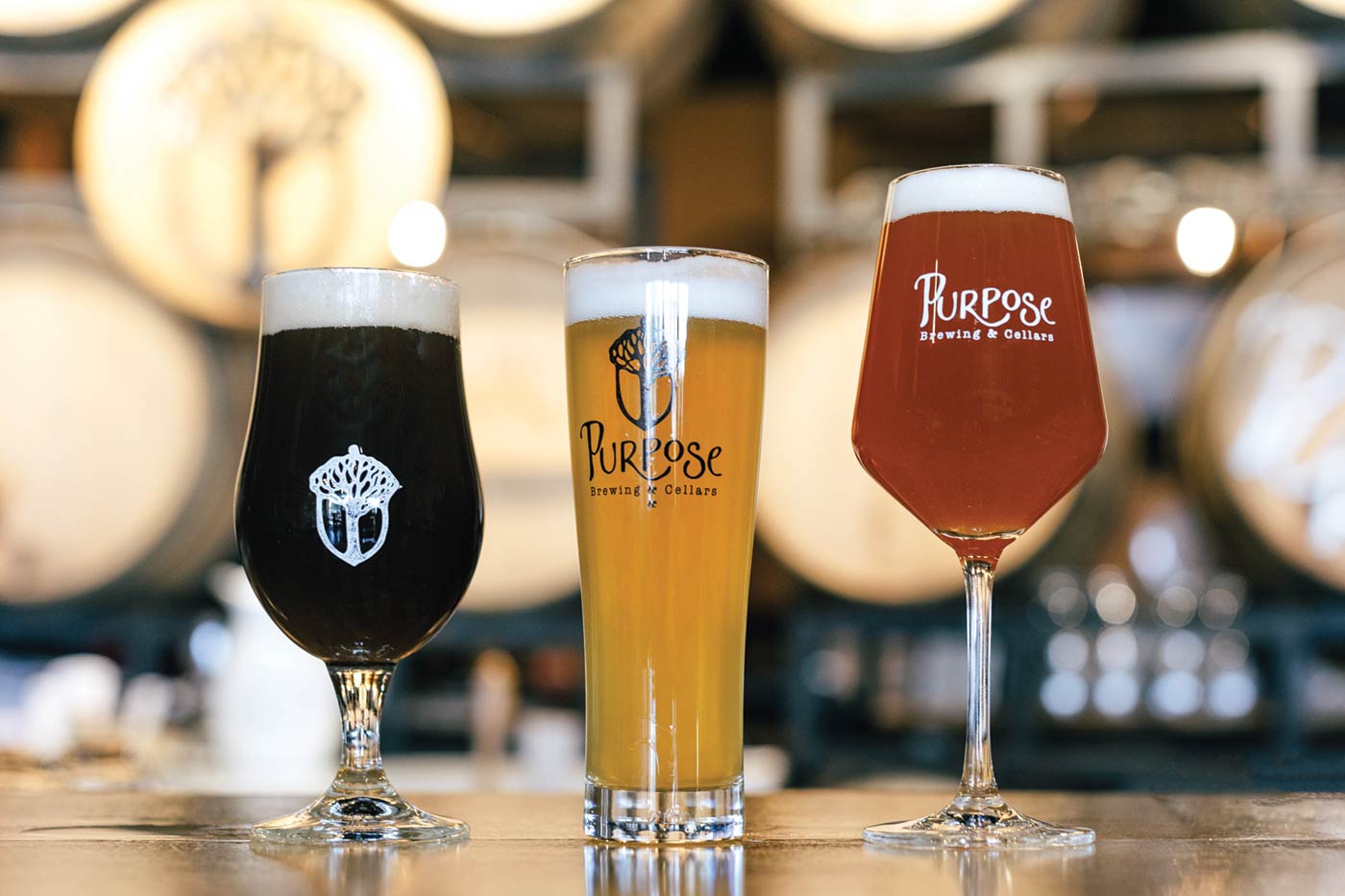Denver’s scramble to roll out citywide compost
Colorado ranks among the worst 20 states at recycling and composting. According to the 2022 State of Recycling Report, Colorado diverted just 16% of its municipal solid waste in 2021, which is half the national average. In the City of Denver, 82% of waste is generated by businesses, apartment buildings, events or construction sites.
Last November, Denver voters passed Ordinance 306, a grassroots initiative called Waste No More, with 70% of the votes. The law requires the city’s private-sector businesses including grocery stores, food trucks, hotels, sports venues, hospitals, airports, colleges, restaurants and multifamily residential apartment complexes to offer recycling services and organic material diversion (compost) service.
Waste No More is a huge step forward for Denver’s Zero Waste goals, which aim to divert 50% of all solid waste to recycling or composting by 2027 and increase that rate to 70% by 2032.
But behind the scenes, many worry that the city is not prepared for Waste No More’s rollout—especially when it comes to compost.
“It’s a wonderful thing to start putting legislation and policy in place that will get us to eventually a new paradigm where composting is the norm,” says Christi Turner, founder of Scraps, a small company dedicated to creating access to composting where it didn’t previously exist. “Implementation is where things get tricky.”
Christi says she’s not alone in having many sleepless nights since Waste No More passed. A lack of infrastructure and coordination, ongoing labor crisis, waste contamination issues and insufficient public education have many haulers and business owners holding their breath.
“I’m super supportive of it, because it is the direction that our city needs to go to and every city needs to go to,” says Adam Schlegel, founder of Chook Chicken and co-founder of Snooze A.M. Eatery, one of Denver’s first commercial businesses to start composting in 2009.
“Do I think that anyone is prepared for it? No, and that makes me nervous.”
A lack of infrastructure
Under Ordinance 306, private businesses are responsible for contracting with private haulers to dispose of organic waste. But since long before Waste No More passed, Schlegel says it’s been a challenge to find the right company to take care of his restaurants’ hauling.
“The availability of haulers that actually do it has been harder and harder to find,” says Schlegel. “We started off with at least two other companies that, since we started it, have ceased doing this… With GFL, or the other ones that we originally had composting with, it wouldn’t work out, we maybe wouldn’t get service or service was just discontinued abruptly.”
New haulers face significant hurdles. A new hauling truck costs upwards of $300,000 and used trucks are nearly impossible to find, according to Turner, who spent many months securing the latest truck in her fleet for Scraps.
There is also a shortage of drivers with a commercial driver’s license (CDL), which is required for trucks over a certain size. To meet demand, the Denver Department of Transportation and Infrastructure (DOTI) is offering increased pay and signing bonuses to staff their fleet, which serves individual residences under Denver’s new pay-as-you-throw waste program. This means fewer CDL drivers available to staff Waste No More’s rollout for the private sector.
Schlegel says that “very small, scrappy, upbeat companies that really want to go out there and do it,” such as Scraps or WOMPOST, offer the reliability he needs. But small haulers have their limitations. The bins Schlegel uses are smaller than if he used a large hauler, so he has to devote more resources to coordinating where and how to collect waste.
“I don’t want to actually have to go through and interview five compost companies and get burned by two and finally find one,” says Schlegel. From a consumer standpoint, he would prefer the convenience of a utility company: He needs gas, and Excel is his only option, so he gets gas through Excel.
Not all restaurant owners have the resources to pay for their own composting service. For an industry dealing with inflation while working to bounce back from pandemic closures, being forced to pay for organic waste-hauling services is “going to cause angst,” says Schlegel. “As much as every restaurant I know wants to do the right thing, staying in business is also the right thing, and it’s getting harder to do it.”
When thousands of restaurants and large commercial buildings are required to get compost service amid these challenges, Turner thinks capacity issues could lead to waitlists or temporary exceptions from the government.
But even with sufficient resources to haul organic waste, there need to be processors to accept their loads. Right now, there’s only one option: A1 Organics.
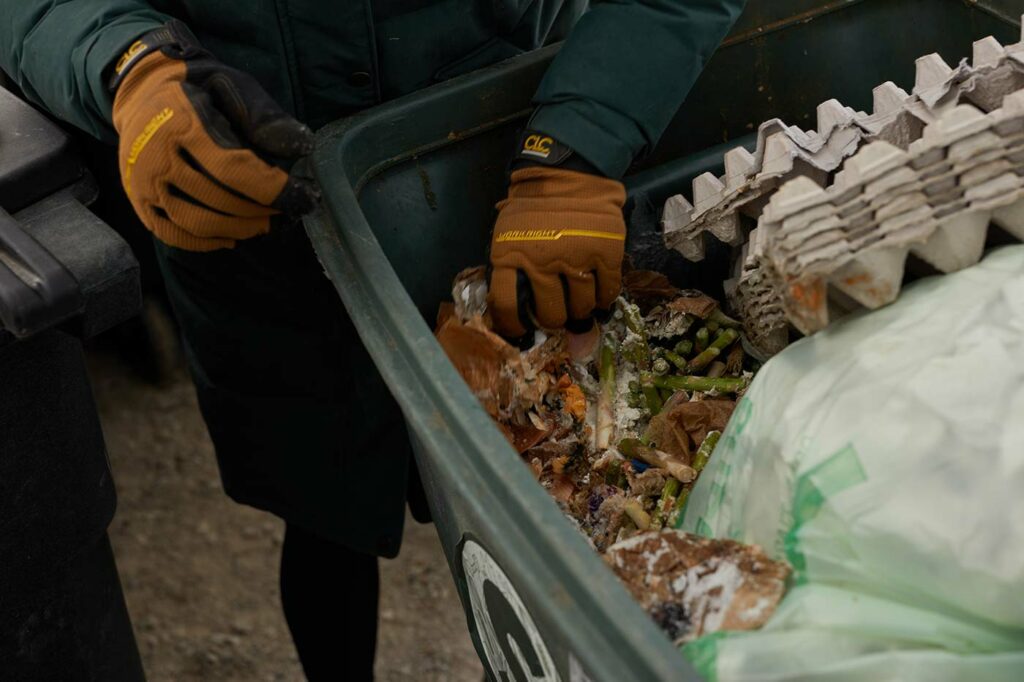
A contamination problem
“A1 Organics, the problem that they’re facing is causing them to take somewhat extreme measures, and in the short-term, it’s causing a heck of a lot of scrambling,” says Turner.
Contaminated compost is a growing issue as Front Range communities expand their compost programs. Inorganic objects like fruit stickers, plastic utensils, and glass—especially shattered glass—are difficult to detect and can ruin the quality and value of an entire batch of compost soil.
A1 Organics started inspecting incoming loads of organic waste in August of last year, according to CPR News, and rejecting any with an unmanageable level of contamination. In a six-week period, it sent 25 to 30 semi-truck loads of compost to the landfill and the company saw a 40% to 50% decline in incoming loads, likely due to waste management companies taking their loads straight to landfills to avoid fees.
“Wonderful partner as they are, having just one processor and having them be the ones having to bear the brunt of all this material that’s coming, all the contamination that is sure to come with it, it’s affecting all of us,” says Turner.
With the introduction of residential compost for all through Denver’s pay-as-you-throw program, many fear the issue will only get worse: Residents might not understand what’s acceptable for compost or will deliberately throw trash into their compost containers to avoid paying the trash fee. (Though, the City can fine residents $500 to $999 for contaminating compost or recycling bins with trash.)
What’s more, starting April 1, A1 Organics plans to significantly restrict its list of approved compost materials to only food waste and yard waste, according to an email to its partners. Not-approved materials will include commonly composted items like BPI Certified Compostables, CMA Approved Compostables, brown paper products, paper towels, shredded paper, coffee filters, napkins and even compostable green bags.
These new rules would have significant implications across the supply chain. For example, Scraps’ entire business model relies on using compostable bags and materials, says Turner. Through numerous partnerships including with the City of Denver, her team works to help businesses transition from using single-use plastics to compostable materials.
“For A1 to say we’re no longer accepting all of that, while the City is saying we’re about to force businesses to start composting? Some backlash is inevitable,” says Turner. “I can’t tell my existing customers, 20-story office buildings, let alone new ones, ‘Hey, you need to compost your entire building, but you can’t use bags. Good luck with that.’ It simply doesn’t work.”
The proposed restrictions also mean money and time wasted for business owners like Schlegel, who transitioned to now-banned compostables across his restaurants: “Those are real dollars out of my pocket that I’m spending to do the right thing.”
Given the time it takes to get new compost processing facilities and transfer stations funded, permitted and approved, bottlenecks could cause more haulers to dump compost in the landfill.
“If the operational capacity and infrastructure just isn’t there in the region, then things could get ugly for a little while,” says Turner.
The City’s role
While Waste No More makes the private industry responsible for securing compost service, the City is responsible for the rule-making process and finer details to guide them. It’s putting together a Waste No More Implementation Task Force of those directly impacted by the ordinance.
“The ballot language was written for the 2021 ballot but it wasn’t voted on until 2022, which means that some of the implementation deadlines are back-dated,” says Grace Rink, chief climate officer for the City and County of Denver. “This is causing great concern and confusion for the entities required to comply, for the haulers who are being asked to provide the new services, and for the public who want to know when the new services will be available.”
Rink says that the task force will consider revisions to clarify the requirements, define the City’s enforcement process, and adjust the implementation timeline. She adds that if there are complaints of non-compliance, the City will start with education before moving to fines.
Vann Fussell, founder and executive director of Compost Colorado, thinks the City’s planning department could get a head start on the industry’s capacity issues by establishing a new permitting pathway for organic waste infrastructure. It could also encourage procurement, meaning the City departments running parks, schools, new roadways, etc. would purchase and create a bigger market for compost soil—a win for compost processors, the environment and the communities where the soil is spread.
Right now, Fussell is trying to use State funding to build Denver’s first compost processing facility. The proposed facility is simple, small-scale and intended to be “passable.” Fussell hopes for it to provide a permitting and planning blueprint for others to follow, but the process has been “really difficult,” he says. According to Fussell, there is a lack of coordination and lack of leadership at the mayor level to get the City departments in line with the changes resulting from Waste No More.
“They’re not really rooting for us,” says Fussell. “Instead of having a planning department that’s, like, ‘We want to accomplish this, we want to help you build the first composting facility,’ they’re treating it just like any other gas station that has to be put in or apartment building.”
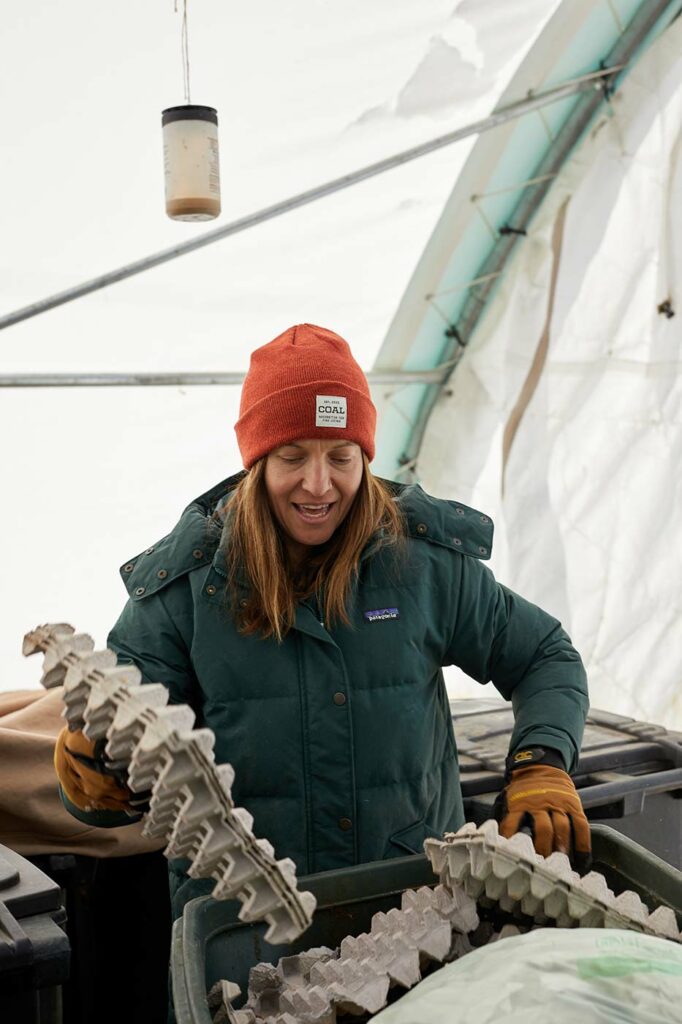
What’s needed?
Education for both consumers and business owners is crucial to successfully rolling out Waste No More. “It just takes one rubber glove or one inadvertent thing to kind of ruin it all,” says Schlegel.
For its part, the City revamped its public education campaign in the fall of 2022 to help residents understand what items can be recycled and composted. This included mailers, online advertising and a presence at community events. Rink says that these efforts will ramp up heading into the summer as Denver phases in composting services to all consumers.
“I don’t think you can over-educate when it comes to proper waste sorting, especially when it comes to something as nuanced and increasingly popular as compost…the user has a responsibility to know what can and can’t go in certain bins,” says Rylee McCone, waste diversion specialist at the Auraria Sustainable Campus Program, which rolls out composting programs for institutions like the Metropolitan State University of Denver and University of Colorado Denver.
McCone emphasizes that signage and educational efforts should include Denver’s consumers who don’t speak English as a first language. Meeting people where they’re at is important, she says, as “someone that works or goes to school in Denver may live in a different city that has different guidelines for recycling and composting—or it may not offer them at all. Everyone has a different experience when it comes to waste diversion.”
Transparency will be important to not lose consumer trust in the process. With so many factors up in the air, this will be difficult for City officials, haulers and business owners to navigate.
“The worst-case scenario is that people get into the action of [composting], all to find out that it actually never goes to the right place, and we build mistrust amongst the population,” says Schlegel. “I fear that it actually could have a backlash on an environmental stance that I think is drastically needed.”
Still, Schlegel is happy that Waste No More was passed. “I’m glad that the future is being forced on us versus just hoping,” he says. Despite all the moving parts and infrastructure necessary to implement the ordinance, something needed to be done.
“It’s like a chicken or egg: Do you build up all the facilities and then get everybody moving? Or do you put it in place and know that you’re going to have a lot of headaches and angst along the way, but eventually, we’ll get there?” says Schlegel. He thinks that if the City goes with the former, “it’s just not going to be done.”
When Turner started Scraps in 2017, she often had to explain to potential customers what compost even is and why they should care. Now, she says, property managers are constantly reaching out to begin compost programs because their company, owners or residents are demanding it. This upwell in demand is part of the reason why Waste No More passed.
“There’s a heck of a lot of catching up to do,” says Turner, but “we’ve come so far, and it’s important to take a step back and really celebrate some of the steps forward. Things could get messy this year, and then in 2024–25, we’re in a new paradigm.”

